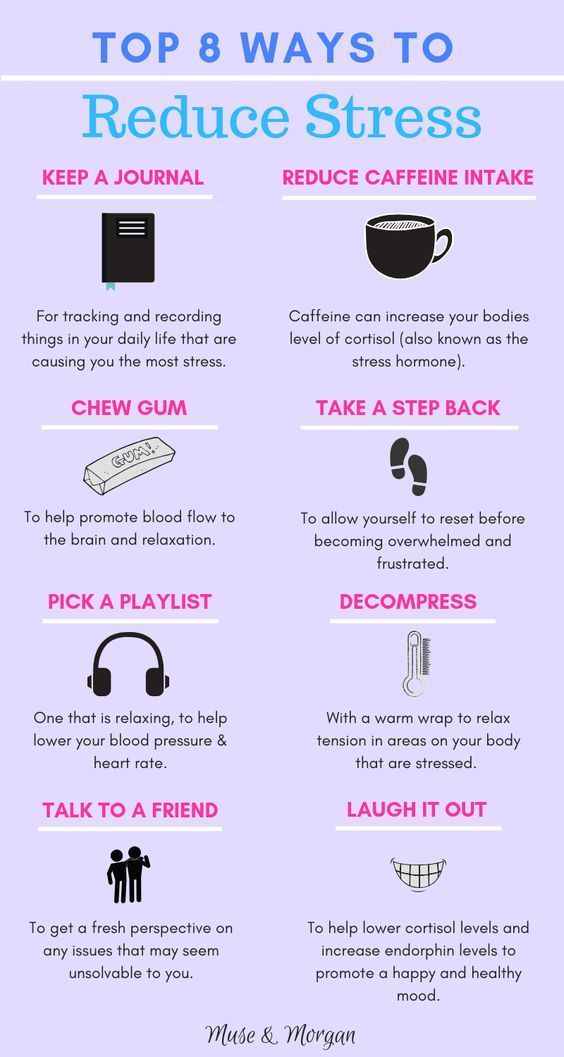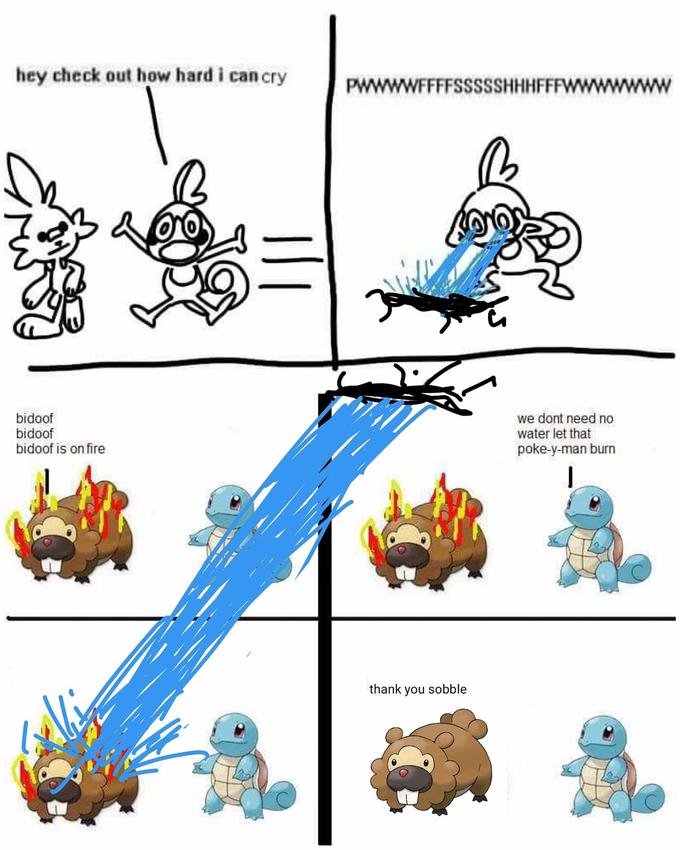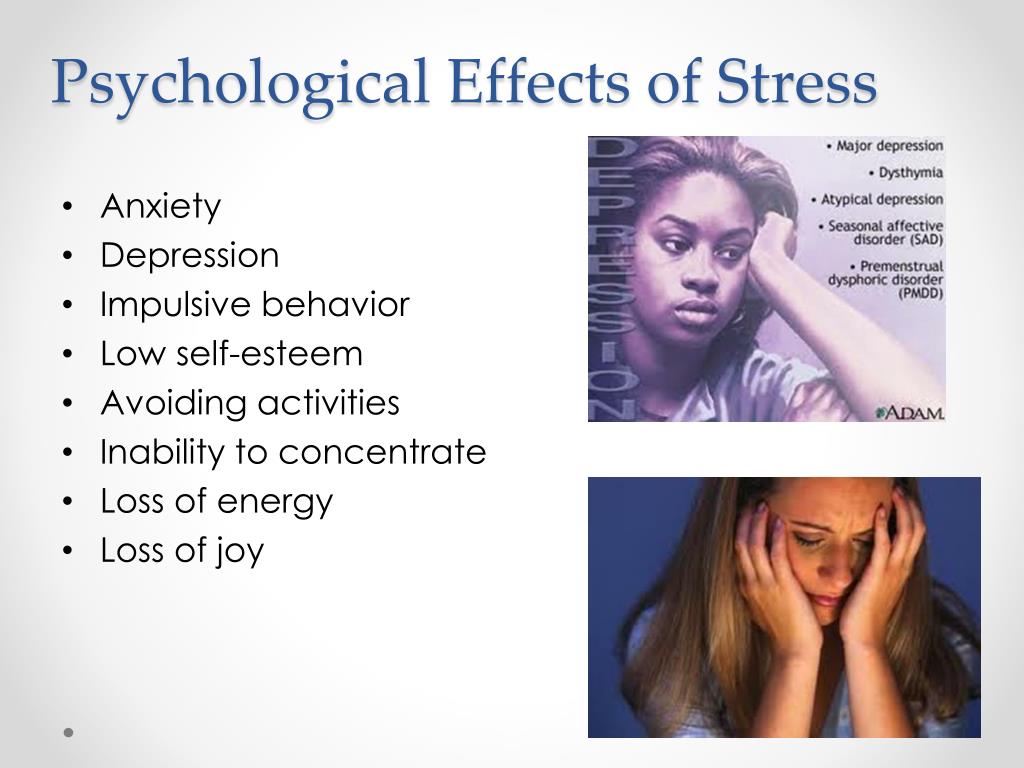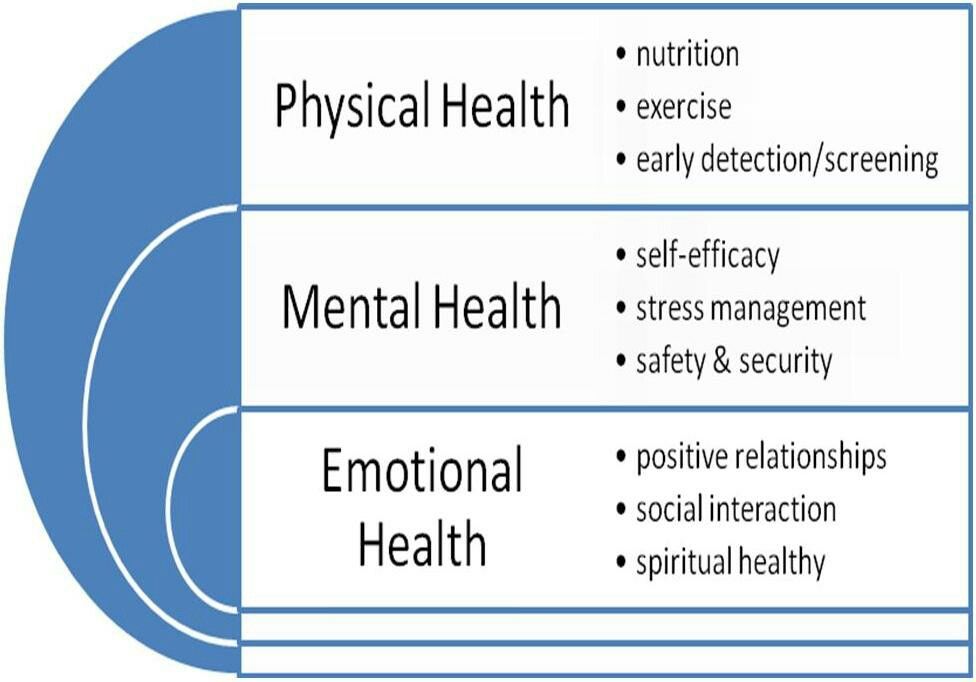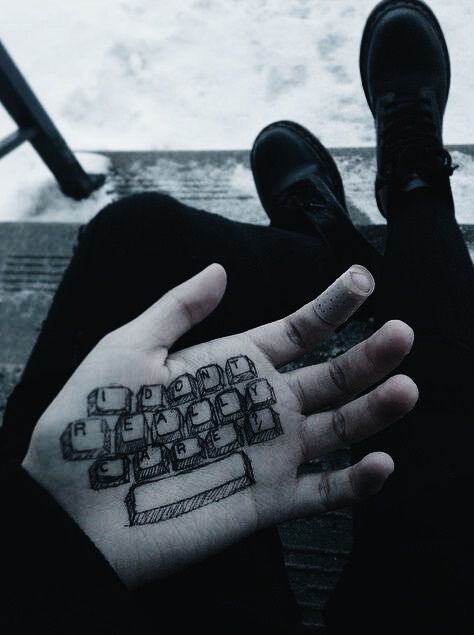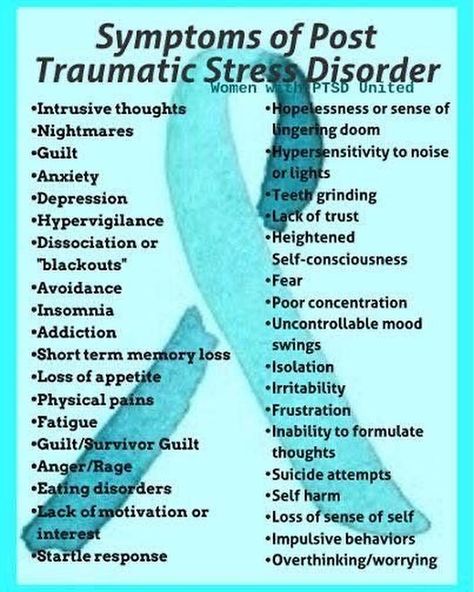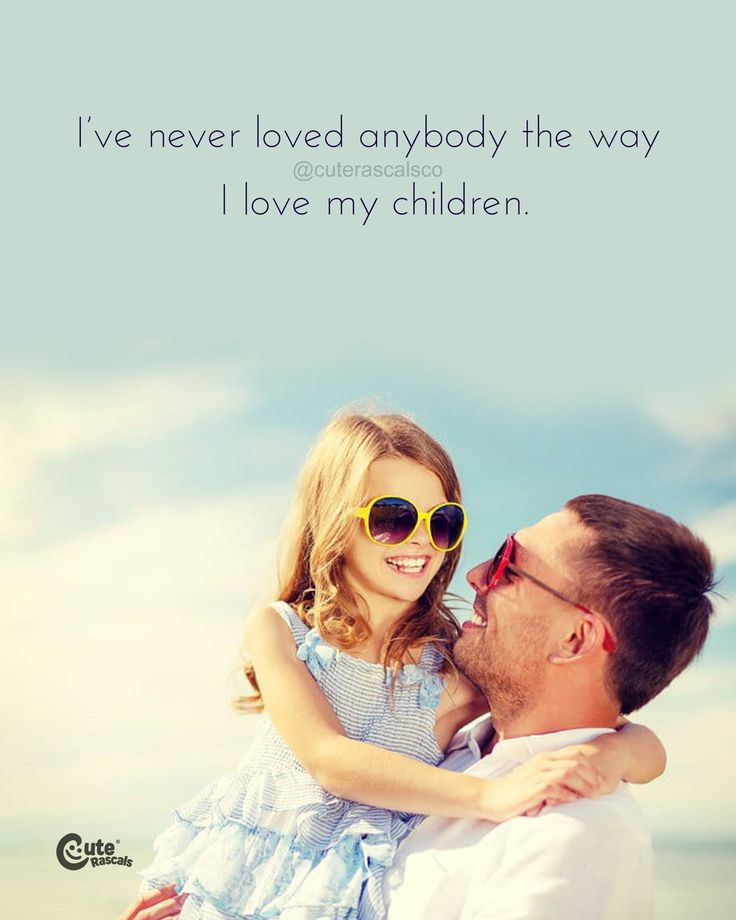Effects of growing up in a dysfunctional family
The Effects of Growing up in a Dysfunctional Family
6 minutes
Growing up in dysfunctional environments can cause deep emotional wounds in the most defenseless members, such as children.
Written and verified by the psychologist Cristina Roda Rivera.
Last update: 21 December, 2022
As a rule, the family environment is where we learn to interact with others. However, what’s it like to grow up in a dysfunctional family? What consequences does it have for children?
Every family is unique in the way its members interact. While some families provide children with love, affection, and a safe environment, many others maintain dynamics that are unhelpful and negatively affect the personality of the growing child.
Healthy families are those in which the child feels safe, protected, and free. Their boundaries are respected, their uniqueness is appreciated, and their needs are met. On the other hand, dysfunctional families have dynamics in which parents repeatedly and consistently neglect their children, emotionally traumatize them, and treat them in disrespectful ways.
Families that don’t generate security
No childhood is perfect. That said, growing up in a dysfunctional family can cause wounds that are so deep they affect children for the rest of their lives. So, what defines dysfunction and how do you know if your family fits this classification?
Growing up in a dysfunctional family can mean many things. In most cases, the home is unstable and full of conflict. Commonly, there’s drug or alcohol abuse, neglect, and dependency which causes the child to suffer on a daily basis.
Children who grow up in dysfunctional families often suffer greatly.Types of families
Dysfunctional families create environments that tend to be experienced as chaotic and insecure, as one parent often behaves in unpredictable and inappropriate ways.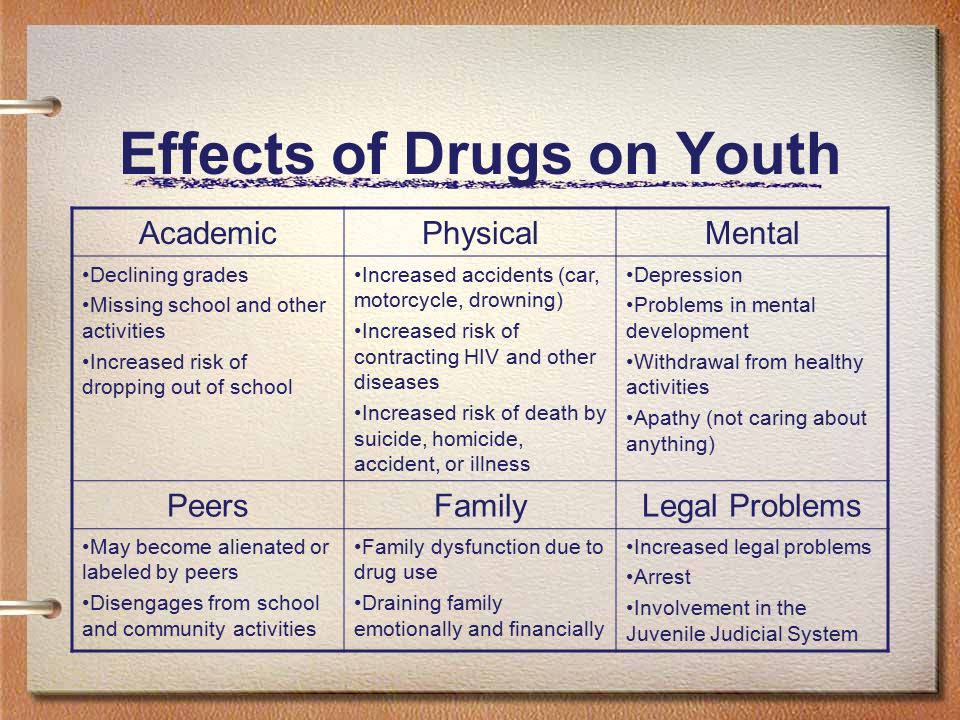 In fact, children who grow up in dysfunctional families have no control over their toxic home environment.
In fact, children who grow up in dysfunctional families have no control over their toxic home environment.
Most dysfunctional homes are a combination of two or more of the following unhealthy dynamics:
- Chaotic homes. Parents are often absent and behave inappropriately. They’re busy leading their own lives and neglect the needs of their children.
- High-conflict families. There’s conflict between the parents or between the child and the parents. Children in these kinds of families grow up feeling insecure, under constant stress, and unable to form emotional bonds.
- Homes with pathological parents. One or both parents are pathological. This means they have a personality or mood disorder. Alternatively, they may suffer alcohol or drug abuse.
- Dominant Parent homes. One of the parents is domineering and overly controlling and ignores the needs and feelings of their partner and children.
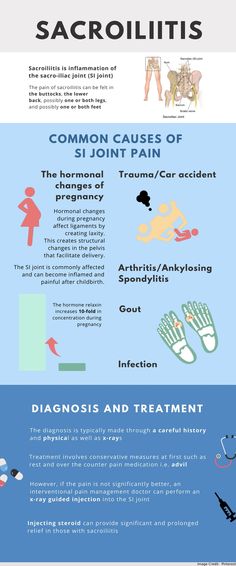 The couple and the children develop repressed negative and angry emotions.
The couple and the children develop repressed negative and angry emotions. - Households with emotionally distant parents. These parents don’t know how to deliberately express or repress any emotions. This is usually due to certain cultural backgrounds. Children in such families grow up with low self-esteem and are equally or even more expressionless.
The psychological effects of growing up in a dysfunctional family
It’s difficult for a child who grew up in a dysfunctional family dynamic to form healthy boundaries, have healthy self-esteem, and build respectful and loving relationships. Furthermore, they often repeat the parenting pattern they learned in their childhood and indulge in self-destructive behavior as a means of escape.
The pains of abuse reverberate over decades and can change a person for life. Were you the victim of any abuse or neglect growing up? If so, here are some of the lifelong impacts you’ve possibly experienced.
1.
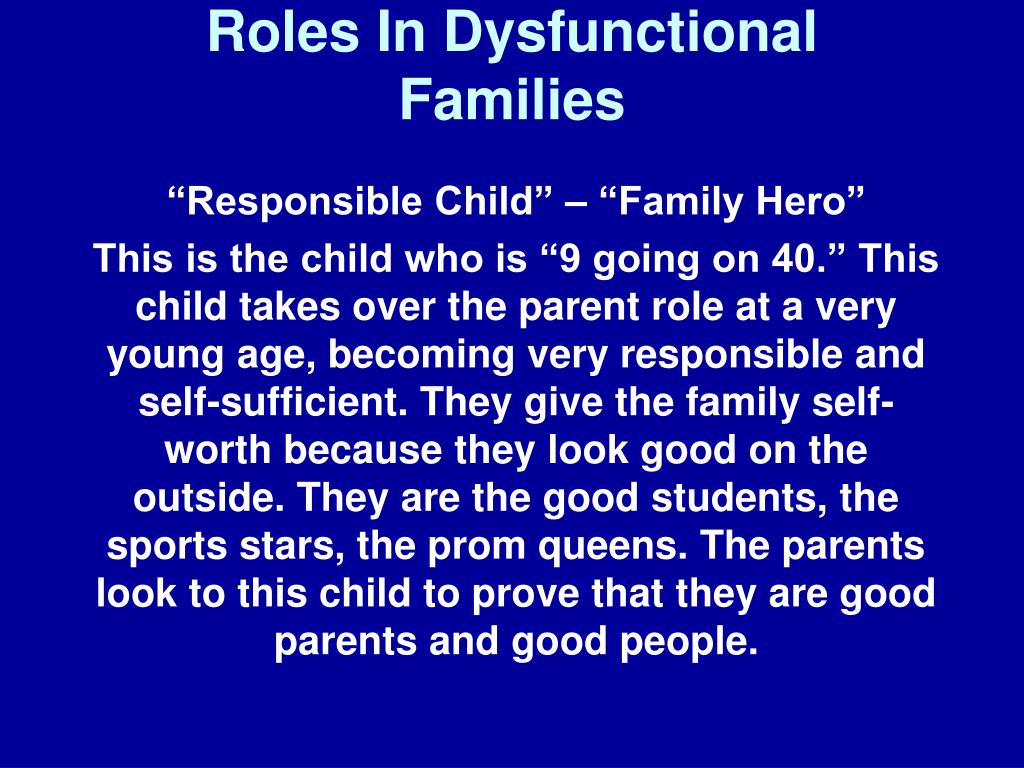 Trust issues
Trust issuesThis is one of the most important issues. When children can’t trust the people who gave them life, they grow up feeling like they can’t trust anyone.
2. Inability to set limits on abuse
They learn to forgive or ignore bad behavior. After all, they’ve grown up seeing their parents, caregivers, and family members condone abusive behavior. Consequently, they’re also expected to excuse and dismiss bad behavior.
3. Learning not to talk about problems and waiting for them to explode
Members of a dysfunctional family learn to sweep things under the rug. Communication skills are lacking because no one wants to deal with problems, so they spend little time interacting.
4. Anxiety and depression problems
Growing up in erratic or unpredictable conditions affects how children manage stress. In fact, they’re constantly on guard because they never know what’ll happen next.
Even when they’re grown up and have a place of their own, their brain has been programmed to live in a state of constant alertness.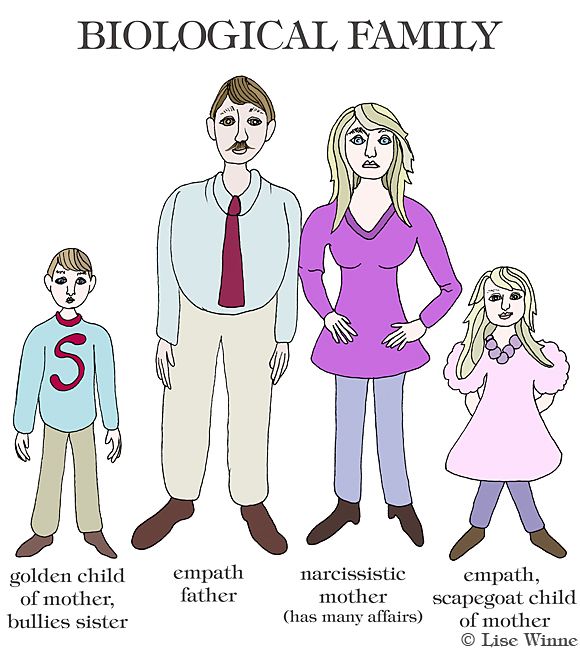 This means their fight or flight mode doesn’t get activated as quickly as that of others, as their body is used to higher levels of stress-related hormones like cortisol.
This means their fight or flight mode doesn’t get activated as quickly as that of others, as their body is used to higher levels of stress-related hormones like cortisol.
5. Scapegoats free other members of the family from responsibilities
There’s almost always at least one family scapegoat in a dysfunctional family. They’re used to shouldering the blame for all the family problems. It creates a distraction from the dysfunction itself and gives the family the sympathy they crave in social circles.
6. Financial mismanagement
Children who grew up in chaotic environments might never have learned how to manage their money effectively. Indeed, not having a positive example of paying rent, and household bills can have a considerable impact on them.
In addition, some dysfunctional families lack economic stability. Consequently, it’s difficult for the child to learn the importance of not spending everything they have on frivolous purchases without thinking about tomorrow.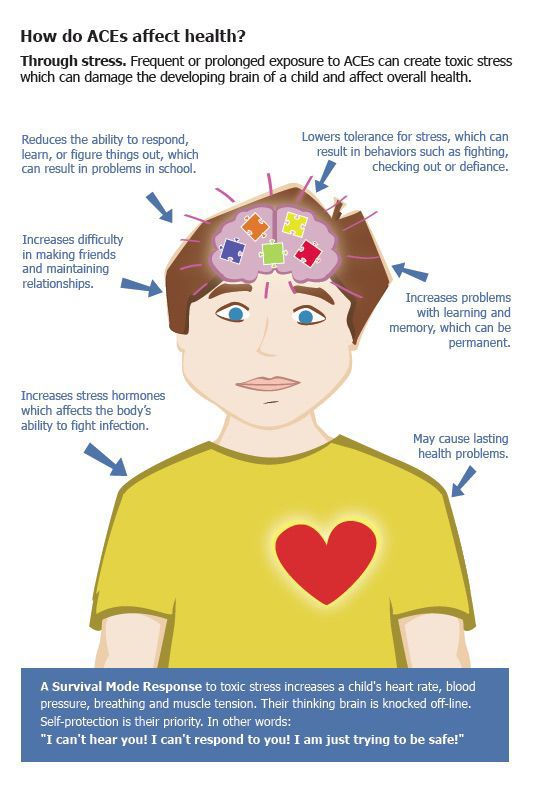
7. Learning violence
Have you ever heard that the abused becomes the abuser? Unfortunately, it’s quite a common occurrence. It’s because they never learned effective ways of handling conflict.
8. Self-medication with drugs and alcohol
Many people don’t know how to deal with all the things that happened to them in the past, so they try to self-medicate to ease the pain.
The downside to this thought process is that the numbness wears off when the intoxication wears off, but they still have to face reality.
Sometimes the drug is used as a way of escape and evasion of reality.9. Continuous suffering becomes bearable
Growing up around people who frequently argue, or even avoid communicating, teaches children that conflict is an inevitable part of relationships.
While this is partially true and human conflict is inevitable, dysfunctional families teach unhealthy and insecure ways of dealing with conflict which becomes a problem.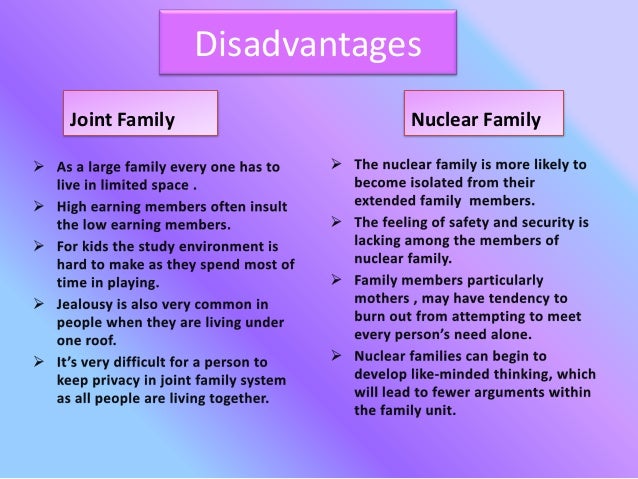
If you’re a parent or caregiver and think you may be falling into some of these dysfunctional family patterns, the least you can do is change your behaviors.
To figure out how to deal with a dysfunctional family or how to heal from one, seeking therapy as an adult may be the way forward. By talking to a professional, you’ll finally have the freedom to process your past in a safe, judgment-free space.
Also, by doing it with someone who’s trained, you’ll find it possible to break the cycle of neglect, abuse, or chaos on your own. A combination of individual therapy and family therapy could be beneficial in breaking these dysfunctional patterns.
It might interest you...Dysfunctional Families and Their Psychological Effects
When the lockdown protocols were enforced earlier this year, our freedom, routine and responsibilities within households were disrupted. Along with this, increased uncertainty, financial stress and burden of care have lowered our window of tolerance.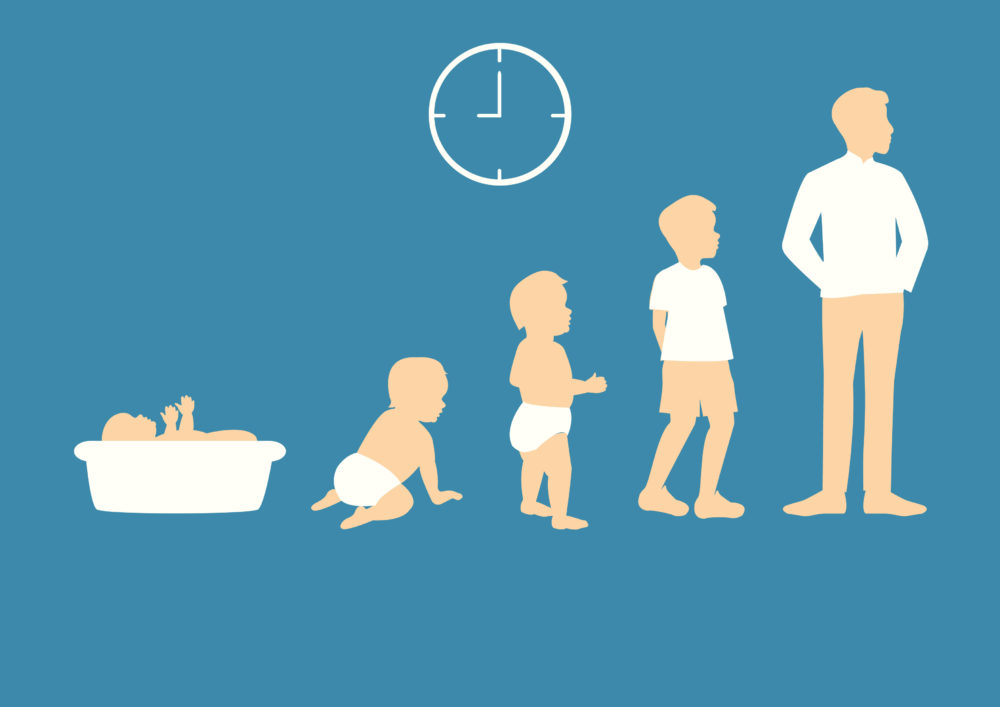 For many, it has opened old wounds and led to persistent conflict at home. Children are forced to experience strained family interactions, day in and day out, without the solace of distraction and distance.
For many, it has opened old wounds and led to persistent conflict at home. Children are forced to experience strained family interactions, day in and day out, without the solace of distraction and distance.
There is a great degree of variability in how interactions and behaviors occur within homes, and the pattern of these interactions form the core of our family dynamic (Harkonen, 2017). Families have a unique set of dynamics that affect the way each member thinks and relates to themselves, others and the world around them. Several factors including the nature of parent’s relationship, personality of family members, events (divorce, death, unemployment), culture and ethnicity (including beliefs about gender roles), influence these dynamics. The list is endless, and it is no surprise that growing up in an open, supportive environment is the exception, rather than the norm.
It’s important to disclaim that the idea of a perfect parent/family is a myth. Parents are human, flawed and experiencing their own concerns.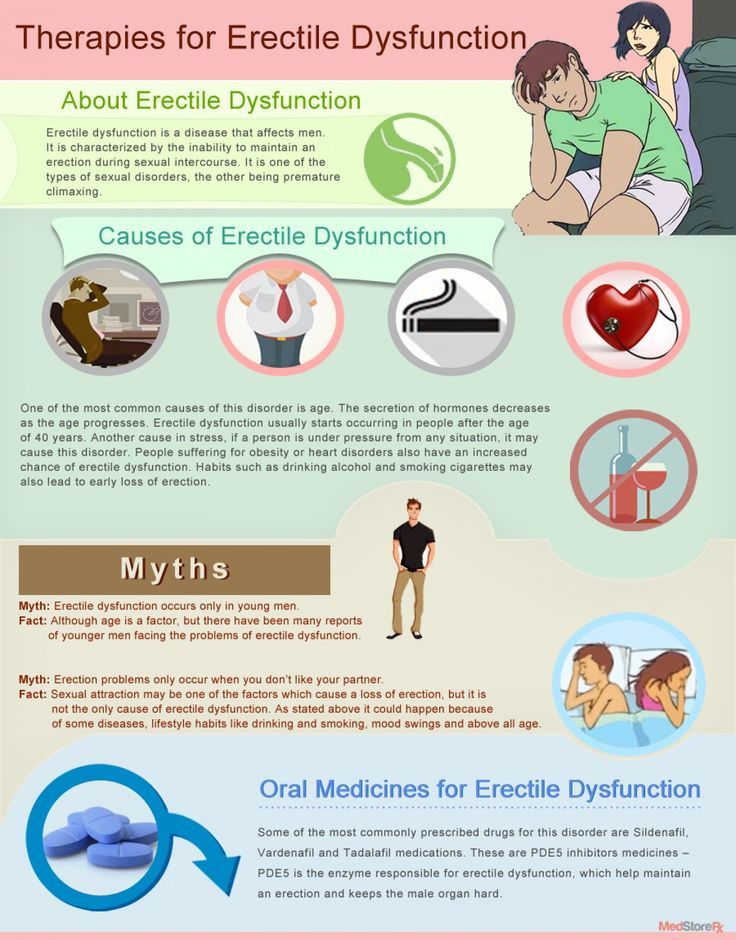 Most children can deal with an occasional angry outburst, as long as there is love and understanding to counter it. In “functional” families, parents strive to create an environment in which everyone feels safe, heard, loved and respected. Households are often characterized by low conflict, high levels of support and open communication (Shaw, 2014). This helps children navigate physical, emotional and social difficulties when they are young, and has lasting impacts as they transition into adulthood.
Most children can deal with an occasional angry outburst, as long as there is love and understanding to counter it. In “functional” families, parents strive to create an environment in which everyone feels safe, heard, loved and respected. Households are often characterized by low conflict, high levels of support and open communication (Shaw, 2014). This helps children navigate physical, emotional and social difficulties when they are young, and has lasting impacts as they transition into adulthood.
Alternatively, growing up in a dysfunctional family can leave children emotionally scarred, and affect them throughout their lives. Hurtful family environments may include the following (Hall, 2017):
- Aggression: Behaviors typified by belittlement, domination, lies and control.
- Limited affection: The absence of physical or verbal affirmations of love, empathy and time spent together.
- Neglect: No attention paid to another and discomfort around family members.
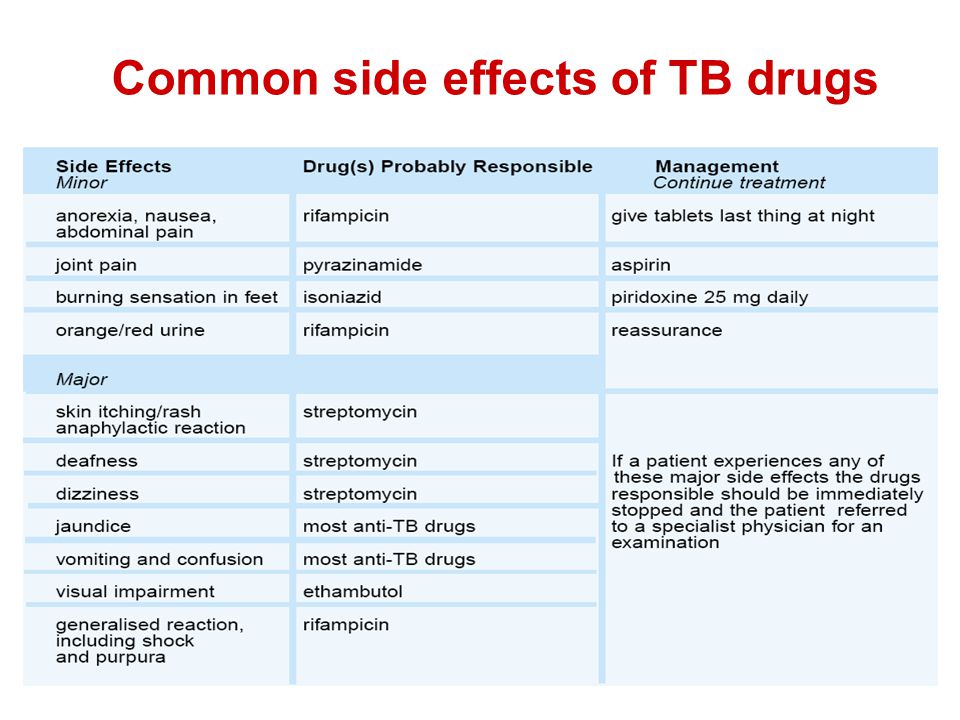
- Addiction: Parents having compulsions relating to work, drugs, alcohol, sex and gambling.
- Violence: Threat and use of physical and sexual abuse.
For children, families constitute their entire reality. When they are young, parents are godlike; without them they would be unloved, unprotected, unhoused and unfed, living in a constant state of terror, knowing they will be unable to survive alone. Children are forced to accommodate and enable chaotic, unstable/unpredictable and unhealthy behaviors of parents (Nelson, 2019).
Unfortunately, children don’t have the sophistication to understand and verbalize their experiences, discriminate between healthy and unhealthy behaviors and make sense of it all. They may interpret the situation to fit the belief of normalcy, further perpetuating the dysfunction (e.g., “No, I wasn’t beaten. I was just spanked” or “My father isn’t violent; it’s just his way”). They may even accept responsibility for violence, to fit their reality. The more they do this, the greater is their likelihood of misinterpreting themselves and developing negative self-concepts (e.g., “I had it coming. I was not a good kid”).
The more they do this, the greater is their likelihood of misinterpreting themselves and developing negative self-concepts (e.g., “I had it coming. I was not a good kid”).
During their younger years, children form certain beliefs and carry them, unchallenged, into adulthood. These beliefs are influenced by their parents’ actions and statements and are often internalized, for instance, “children should respect their parents no matter what,” “it’s my way or no way” or “children should be seen, not heard.” This forms the soil from which toxic behavior grows and may be communicated directly or disguised as words of advice, expressed in terms of “shoulds”, “oughts” and “supposed tos.”
Spoken beliefs are tangible but can be wrestled with. For instance, a parental belief that divorce is wrong, might keep a daughter in a loveless marriage, however, this can be challenged. Unspoken beliefs are more complicated; they exist below our level of awareness and dictate basic assumptions of life (Gowman, 2018).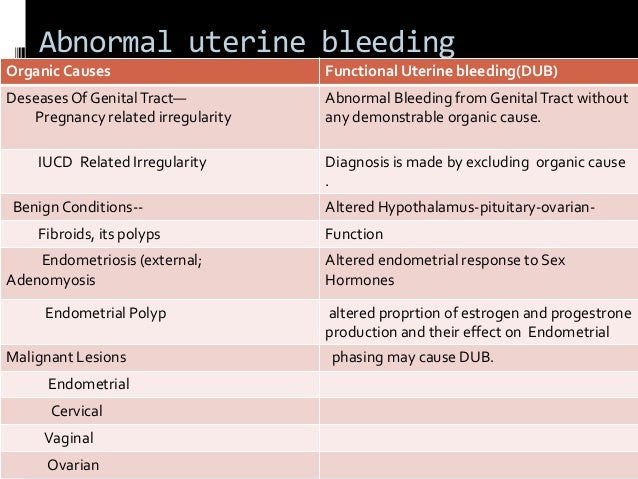 They may be implied by childhood experiences, for example, how your father treated your mother or how they treated you, encouraging you to believe ideas such as “women are inferior to men” or “children should sacrifice themselves for their parents.”
They may be implied by childhood experiences, for example, how your father treated your mother or how they treated you, encouraging you to believe ideas such as “women are inferior to men” or “children should sacrifice themselves for their parents.”
As with beliefs there are unspoken rules, pulling invisible strings and demanding blind obedience, e.g., “don’t lead your own life,” “don’t be more successful than your father,” “don’t be happier than your mother” or “don’t abandon me.” Loyalty to our family binds us to these beliefs and rules. There may be a marked gap between parents’ expectations/demands and what children want for themselves. Unfortunately, our unconscious pressure to obey almost always overshadows our conscious needs and desires, and leads to self-destructive and defeating behaviors (Forward, 1989).
There is variability in dysfunctional familial interactions — and in the kinds, severity and regularity of their dysfunction. Children may experience the following:
- Being forced to take sides during parental conflict.

- Experiencing “reality shifting” (what is said contradicts what is happening).
- Being criticized or ignored for their feelings and thoughts.
- Having parents who are inappropriately intrusive/involved or distant/uninvolved.
- Having excessive demands placed on their time, friends or behaviors — or, conversely, receive no guidelines or structure.
- Experiencing rejection or preferential treatment.
- Being encouraged to use alcohol/drugs.
- Being physically beating.
Abuse and neglect affect the child’s ability to trust the world, others and themselves. Additionally, they grow up without a frame of reference for what is normal and healthy. They may develop traits that they struggle with throughout their adult lives, and the effects are many. They may not know how to live without chaos and conflict (this becomes a lifestyle pattern) and get bored easily (Lechnyr, 2020). Children robbed of their childhood have to “grow up too fast.” As a result, they are disconnected from their needs and face difficulty asking for help (Cikanavicious, 2019).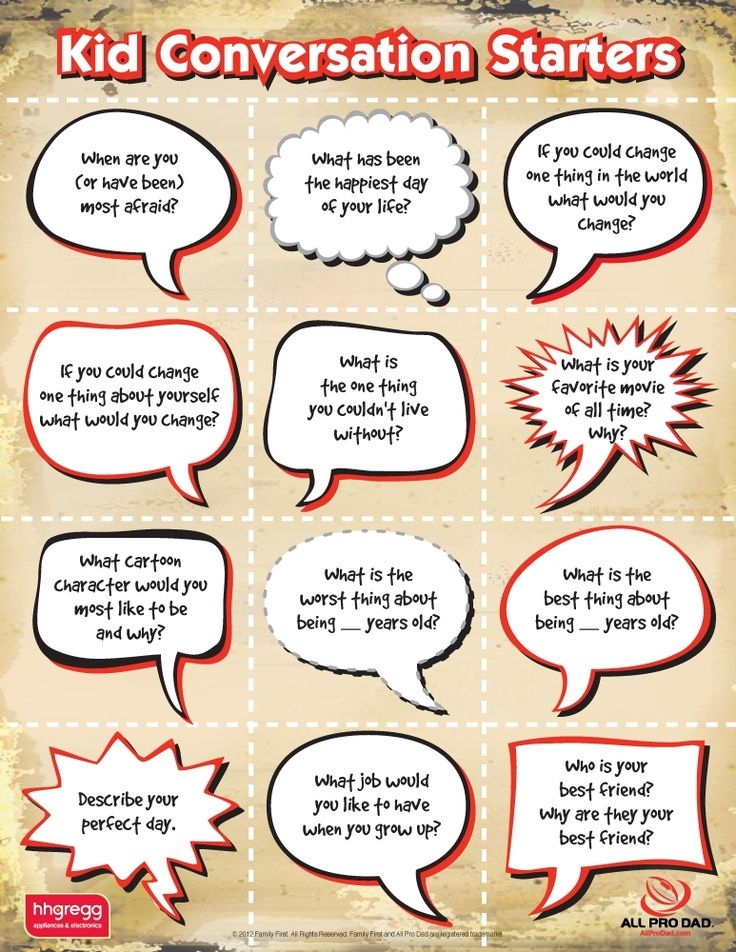 Children, who were constantly ridiculed, grow up to judge themselves harshly, lie and constantly seek approval and affirmation. Children may fear abandonment, believe they are unlovable/not good enough and feel lonely/misunderstood. As adults, they face difficulty with forming professional, social and romantic bonds, and are viewed as submissive, controlling, overwhelming or even detached in relationships (Ubaidi, 2016). To numb their feelings, they may abuse drugs or alcohol and engage in other risky behaviors (e.g., reckless driving, unsafe sex) (Watson et al., 2013).
Children, who were constantly ridiculed, grow up to judge themselves harshly, lie and constantly seek approval and affirmation. Children may fear abandonment, believe they are unlovable/not good enough and feel lonely/misunderstood. As adults, they face difficulty with forming professional, social and romantic bonds, and are viewed as submissive, controlling, overwhelming or even detached in relationships (Ubaidi, 2016). To numb their feelings, they may abuse drugs or alcohol and engage in other risky behaviors (e.g., reckless driving, unsafe sex) (Watson et al., 2013).
Perhaps most serious of all, these individuals continue the cycle by developing their own parenting problems and reinforcing the dysfunctional dynamic (Bray, 1995). Being aware of the dysfunctional patterns of our past and how they affect how we think and act in the present is the critical first step.
- Name painful or difficult childhood experiences.
- Recognize you have power over your life.
- Identify behaviors and beliefs you would like to change.
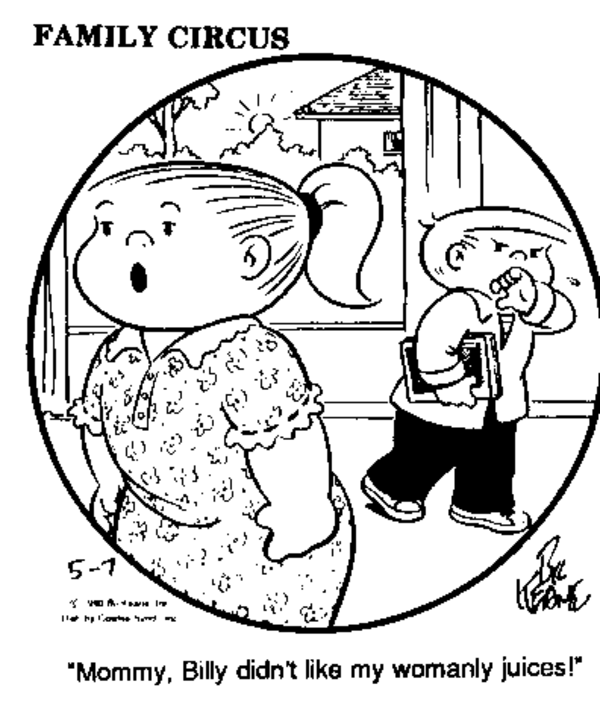
- Be assertive, set boundaries and practice non-attachment.
- Find a support network.
- Seek psychological help.
For parents:
- Heal from your own trauma.
- Be kind, honest and open-minded — and listen.
- Create an environment of respect, safety and privacy.
- Model healthy behavior and practice accountability.
- Give clear guidelines and factual information.
- Learn how to apologize.
- Be gentle with teasing, sarcasm, etc.
- Allow children to change and grow.
- Enforce rules that guide behavior but do not regulate one’s emotional and intellectual life.
- Spend time together as a family.
- Know when to ask for help.
References:
- Härkönen, J., Bernardi, F. & Boertien, D. (2017). Family Dynamics and Child Outcomes: An Overview of Research and Open Questions. Eur J Population 33, 163–184. https://doi.org/10.1007/s10680-017-9424-6
- Shaw, A. (2014). The Family Environment and Adolescent Well-Being [blog post].
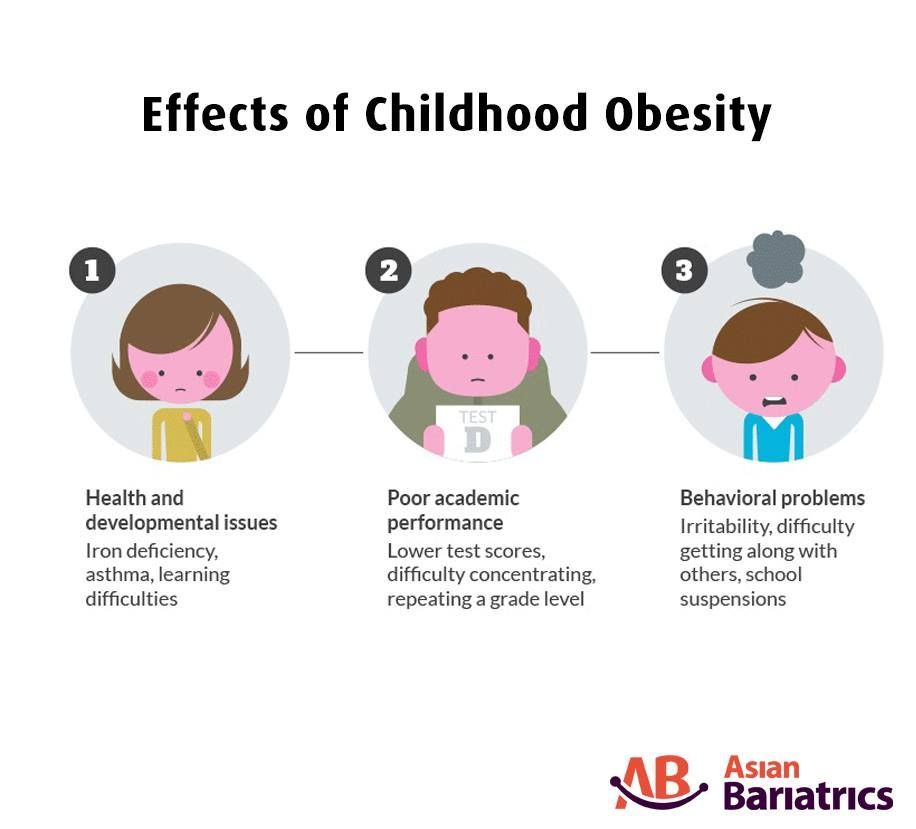 Retrieved from https://www.childtrends.org/publications/the-family-environment-and-adolescent-well-being-2
Retrieved from https://www.childtrends.org/publications/the-family-environment-and-adolescent-well-being-2 - Dorrance Hall, E. (2017). Why Family Hurt Is So Painful Four reasons why family hurt can be more painful than hurt from others [blog post]. Retrieved from https://www.psychologytoday.com/us/blog/conscious-communication/201703/why-family-hurt-is-so-painful
- Nelson, A. (2019). Understanding Fear and Self-Blame Symptoms for Child Sexual Abuse Victims in Treatment: An Interaction of Youth Age, Perpetrator Type, and Treatment Time Period. Honors Theses, University of Nebraska-Lincoln. 89. http://digitalcommons.unl.edu/honorstheses/89
- Gowman, V. (2019). When Children Believe “I Am Wrong”: The Impact Developmental Trauma Has on Belief Systems and Identity [blog post]. Retrieved from https://www.vincegowmon.com/when-children-believe-i-am-wrong/
- Forward, S., & Buck, C. (1989). Toxic Parents: Overcoming Their Hurtful Legacy and Reclaiming Your Life.
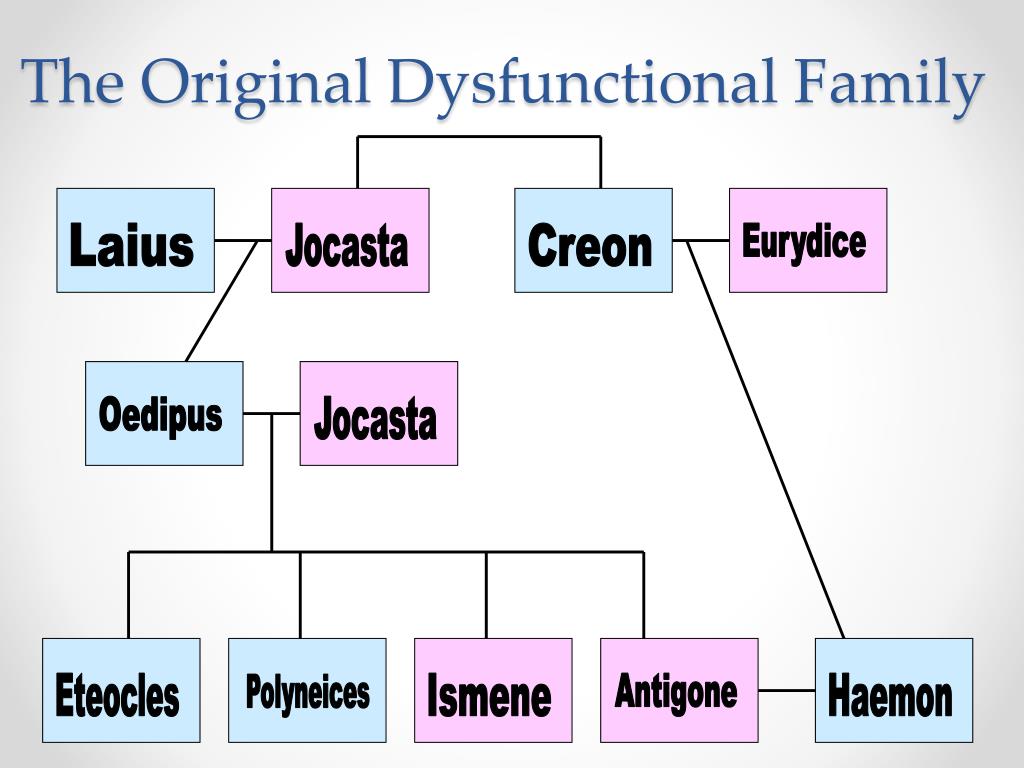 NY, NY: Bantam.
NY, NY: Bantam. - Cikanavicius, D. (2019). The Effects of Trauma from “Growing up Too Fast” [blog post]. Retrieved from https://blogs.psychcentral.com/psychology-self/2019/12/trauma-growing-up-fast/
- Al Ubaidi, B.A. (2017). Cost of Growing up in Dysfunctional Family. J Fam Med Dis Prev, 3(3): 059. doi.org/10.23937/2469-5793/1510059
- Lechnyr, D. (2020). Wait, I’m not Crazy?! Adults Who Grew Up in Dysfunctional Families [blog post]. Retrieved from https://www.lechnyr.com/codependent/childhood-dysfunctional-family/
- Al Odhayani, A., Watson, W. J., & Watson, L. (2013). Behavioural consequences of child abuse. Canadian family physician Medecin de famille canadien, 59(8), 831–836.
- Bray, J.H. (1995). 3. Assessing Family Health And Distress: An Intergenerational-Systemic Perspective [Family Assessment]. Lincoln, NB: Buros-Nebraska Series on Measurement and Testing. Retrieved from https://digitalcommons.unl.edu/cgi/viewcontent.cgi?article=1006&context=burosfamily
The impact of a dysfunctional family on the development and upbringing of a child
The article discusses the problems of parenting and its impact on the psychological state of the child.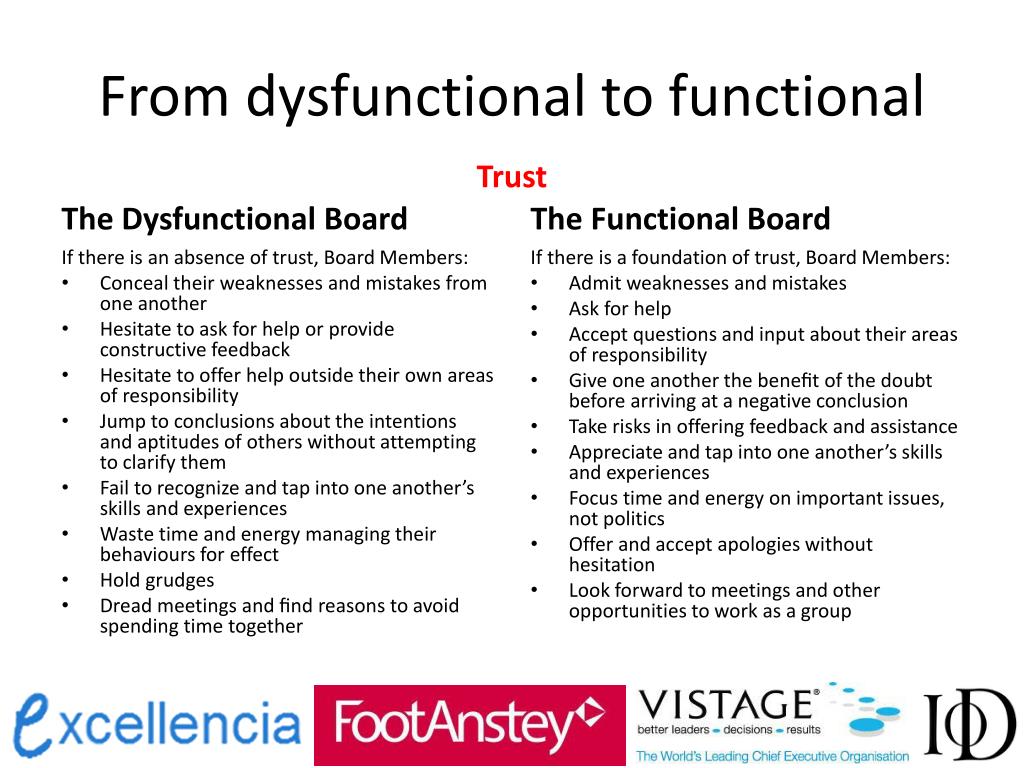 The factors influencing the troubles of families are identified and described.
The factors influencing the troubles of families are identified and described.
Key words: family, alcoholism, upbringing, dysfunctional family, psychological characteristics, parent-child problems, prosperous family, family system.
The family is the first and most important social institution in a child's life. We are used to hearing that the family is where it is warm, where mutual understanding and mutual respect reign. The place where you want to come and return. However, if you look closely, it turns out that this is not entirely true. There are no perfect families. This is a pink veil that people came up with to advertise delicious yogurt, where everyone in the family always smiles and eats healthy food for breakfast.
The family is more like a drama theater with its beginning, climax and denouement. Not all families have arguments, accusations and threats every day. Due to the deterioration of the socio-economic factor of the country and uncertainty about the next day, parents often put in the forefront not the upbringing of their child, but the increase in the material condition of their family, which adversely affects the formation of the child's personality.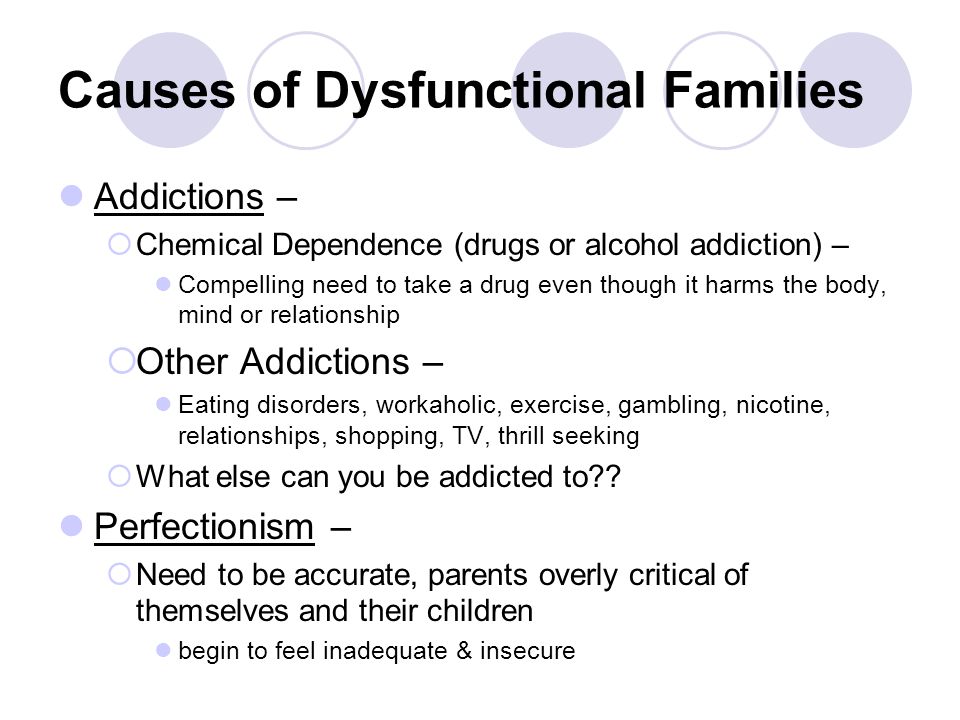
Also, due to the increase in the number of divorces, more than one fourth of the children are left without the care of one of their parents. Parental termination lawsuits are on the rise, and parents who are a negative influence on their children are being reported to the police.
Children fall into the “risk group” category, i.e. children from a dysfunctional family. What happens to a child if he ends up in a dysfunctional family. And what is a dysfunctional family and how does it affect the development of the child and his future? There is no single answer. After all, everything in our world is relative.
Everyone considers well-being and trouble from their own point of view. And children are all different, some are more enduring, while others are very vulnerable, and every raised voice from adults is perceived painfully for them.
If we talk about a child from a dysfunctional family, this does not mean that we are equal to an antisocial or asocial family. We are surrounded by many families that are dysfunctional, but at first glance it is impossible to say so about them. Naturally, a family in which parents abuse alcohol or have signs of violence against a child falls into the category of “risk group”. However, trouble can arise only in relation to a particular child. So only the system of relations between parents and the child can be considered as well-being or disadvantage.
We are surrounded by many families that are dysfunctional, but at first glance it is impossible to say so about them. Naturally, a family in which parents abuse alcohol or have signs of violence against a child falls into the category of “risk group”. However, trouble can arise only in relation to a particular child. So only the system of relations between parents and the child can be considered as well-being or disadvantage.
There are incomplete and complete families. On the one hand, the question immediately arises why a complete family can be dysfunctional. In a complete family, there may be a conflicting upbringing or upbringing where the child is suppressed. Sometimes an incomplete one is more useful for a child than an inferior one (the father drinks and terrorizes his family every day, one day he decides to leave, and the family lives in peace and harmony in the future).
However, families are not always dysfunctional if parents drink. There are also families that at first glance look like a prosperous family, but inwardly parents forget about raising children, and direct all their attention to material values. Such children lack attention and care from their parents. Such behavior on the part of the mother is especially bad for a child from an early age.
Such children lack attention and care from their parents. Such behavior on the part of the mother is especially bad for a child from an early age.
The lack of education is the most important indicator of a dysfunctional family. The household factor and prestigious things are not an indicator of family well-being or trouble, only the attitude towards the child.
Trouble in the family leads to a violation of the child's mental development. This does not mean that the child will become stupid or there will be other intellectual impairments, but disharmony will occur in the formation of the emotional sphere, that is, it will affect the future character. In the future, it affects the relationship of a person with other people.
The most important factor that destroys not only the family, but also the mental balance of the child himself, is the drunkenness of one of the parents or both. This factor can have an adverse effect not only at the time of upbringing and growing up of the child, but also during the conception of the fetus.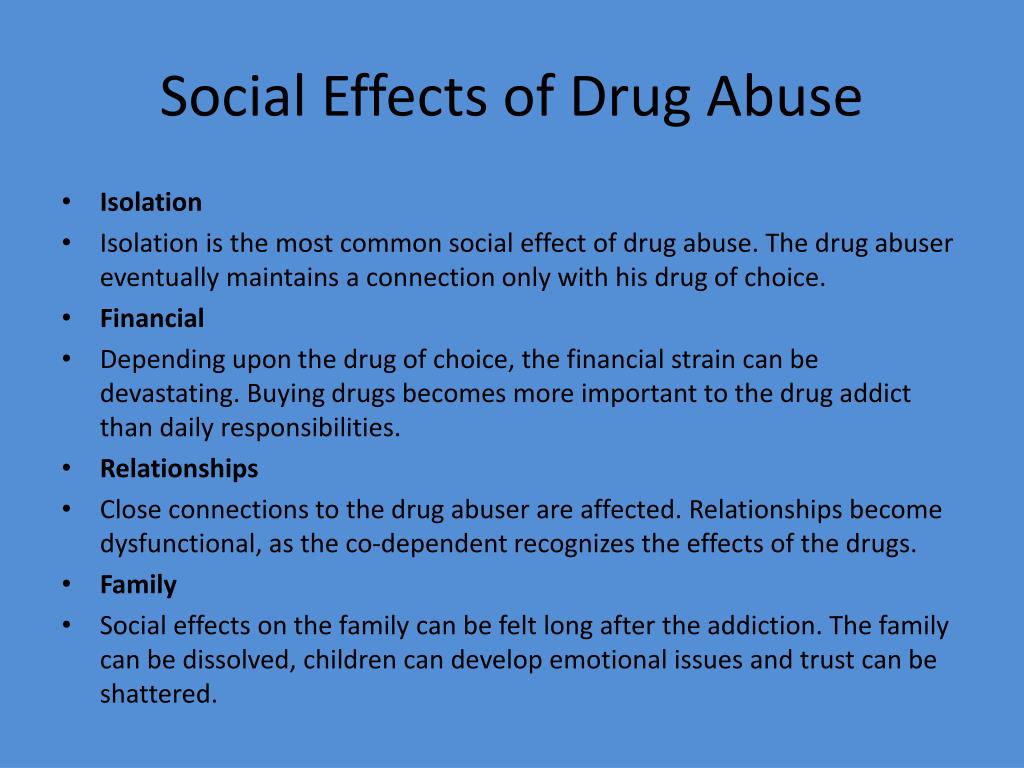
The psychological characteristics of children who have drunkenness in the family looks like this. The child hides information about the parents, because he knows that people condemn such behavior and blame such parents for not doing their job. The habit of hiding, deceiving, evading the answer and not finishing it remains with the child for life. In the future, the child becomes suspicious and vicious. In the future, it is difficult for a child to openly communicate with others. Such children are more prone to jealousy, distrust and envy. The more secrecy there was in the family, the more it prompted confusion and loneliness in the child.
In such families, parents often do not fulfill their promises. It depresses the child. Since everyone keeps everything a secret, it provokes not to share their emotional experiences with parents. And as an adult, they continue to repeat their habits of not trusting anyone, problems appear in intimate relationships.
Often children have to become adults, despite the fact that they themselves are still children.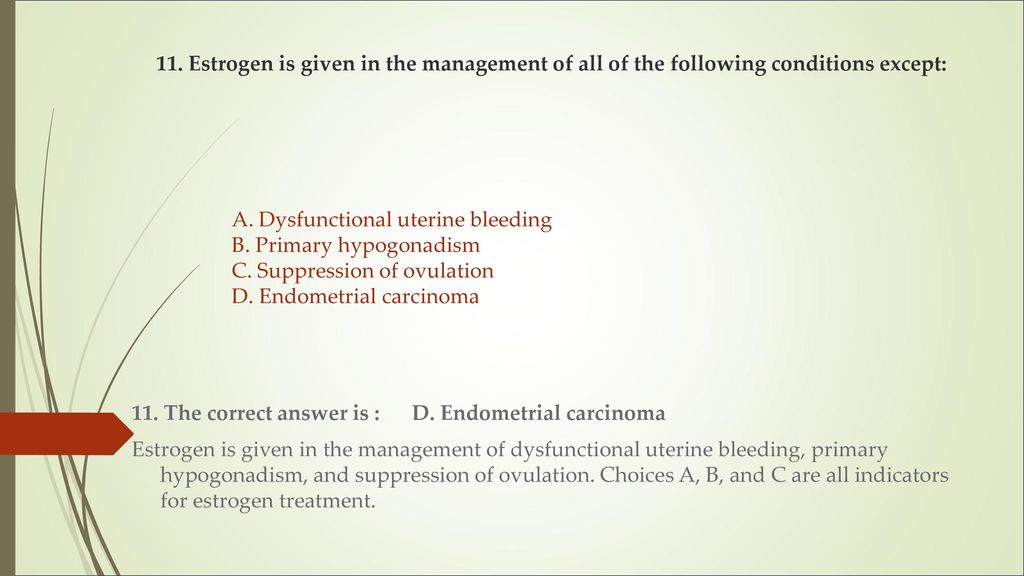 They feel deprived of care and attention from their parents. They have to play the role of "parent" for their own. Listen, approve and make their lives more comfortable.
They feel deprived of care and attention from their parents. They have to play the role of "parent" for their own. Listen, approve and make their lives more comfortable.
In the future, they get the feeling that they missed something and they didn’t get something that they deserved. Throughout their lives, they continue to struggle to regain that share of attention that they were deprived of in childhood. Often such people do not know how to enjoy life.
In an alcoholic family, a child often hears that dad should work and bring money into the house. So the child can begin to confuse money with love and attention. And when friends need help or attention, such children can get rid of them with gifts.
The emotional needs of children in alcoholic families are also not given due attention. And kids don't understand how to empathize with other people. They do not know the elementary duties of parents, which in the future has a negative impact on their own family.
If the child is a “girl” in such a family, and the mother suffers from alcohol, then the child increasingly has to replace her role in household chores, in caring for the younger ones, and one day it may happen that she replaces the role of wife in the eyes of her father .
Children from dysfunctional families became independent very early and they need help. The main task is to form in them the right idea about life. But this problem must be approached differently, according to age. Until adolescence, it is still possible to influence the mind of a child, but for older ones it is almost impossible.
But, once in a prosperous social circle, they need to follow the rules of this group, and often "inveterate scammers" gradually forget their "habits".
Such children need help in choosing a profession, housing and arranging their future life. And if they are left alone, then certainly a difficult future awaits them. Too much is lost in childhood, and it is doubly difficult for them.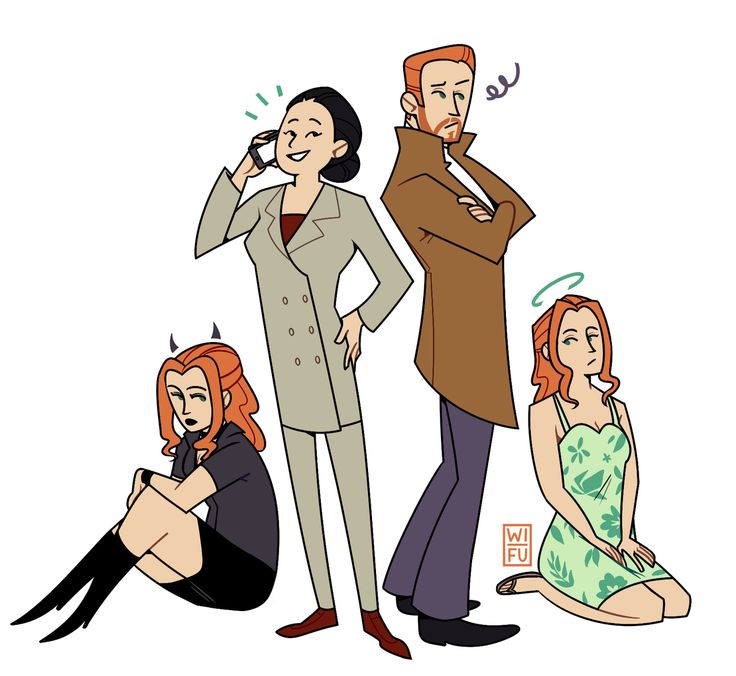
Literature:
- Efremova OI, Kobysheva LI Pedagogical psychology. - M.-Berlin: Direct-Media, 2017. - 171 p.
- Efremova OI, Kobysheva LI Development Psychology. - M.-Berlin: Direct-Media, 2018. - 193 p.
- Kobysheva L. I. Psychological and pedagogical features of psycho-correctional work with children and adolescents [Electronic resource] // Internet journal "World of Science" 2016, Volume 4, Number 4 http://mir-nauki.com/PDF/43PSMN416.pdf . Access date: 05/20/2018.
- Project activity in library format: how to write grant applications correctly: method. recommendations [Electronic resource] / Novosib. state region scientific b-ka; comp. I. M. Khvostenko; resp. for the issue of S. A. Tarasov. - Novosibirsk: Publishing House of NGONB, 2016. - 62 p. — Access mode: http://www.ngonb.ru/activities/librarianship/izdaniya-i-publikatsii-nauchno-metodicheskogo-otdela/2014/
- Skudnova T. D., Kobysheva L. I., Shalova S.
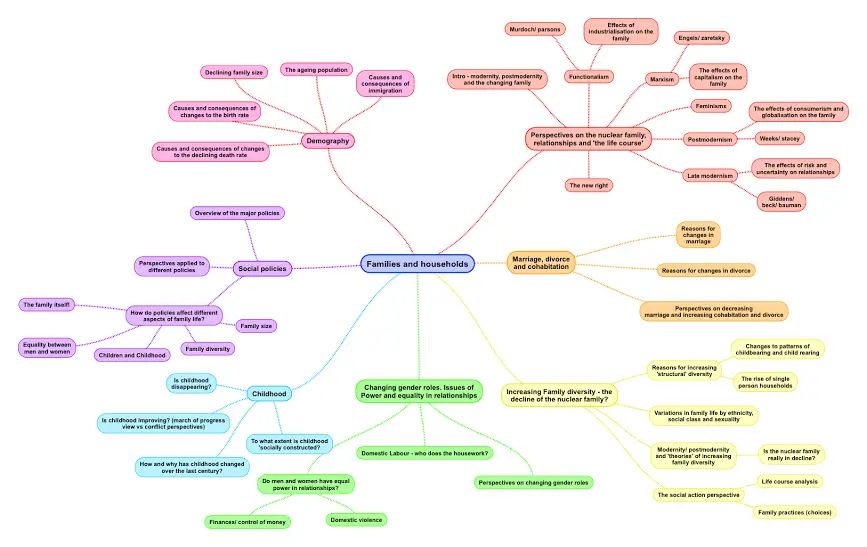 Yu. Psychological and pedagogical anthropology: a textbook for universities. - Moscow; Berlin: Direct-Media, 2018. - 356 p.
Yu. Psychological and pedagogical anthropology: a textbook for universities. - Moscow; Berlin: Direct-Media, 2018. - 356 p. - Buyanov M. I. "A child from a dysfunctional family: notes of a child psychologist." - Moscow: Education, 2018. - 167 p.
- Belicheva S. A. "Fundamentals of preventive psychology" - M.: Social health of Russia, 2017.-224 p.
- Bim-Bad B. M. "The nature of the child in the mirror of autobiography" - M .: URAO, 2017.-431 p.
- Korolenko Ts. P., Donskikh T. A. "Seven ways to disaster" - Novosibirsk, 2019. - 97 p.
- Eidemiller E. G., Yustitsky V. V. "Psychology and psychotherapy of the family." -SPb., 2018. - 652 p.
Basic terms (automatically generated) : family, dysfunctional family, child, parent, successful family, future, attention, complete family, parents' side.
Tomchuk N.V. | PSYCHOLOGICAL PROBLEMS OF CHILDREN UNDER CONDITIONS OF FAMILY DISADVANTAGE
Rating
[2 Average: 5]
UDC-159.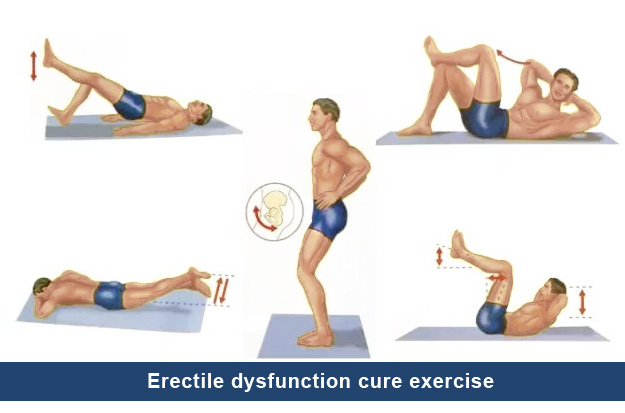 99
99
SPEC IPPO GAOU in MGPU
according to the materials of the scientific and practical conference “New solutions in education in the era of change”
The article analyzes the main features and characteristics of family trouble. The reasons and factors causing troubles in the family are considered. The features that characterize the trouble in the family are highlighted. The influence of family troubles on the development of children in general and on their psychological state is also noted. Recommendations for teachers on working with dysfunctional families are presented.
Conflicts often arise in a dysfunctional family. Parents may be abusive towards their children, and other family members are often forced to accommodate the negative behavior. In some cases, dysfunctional families may be the result of addiction, codependency, or an unidentified mental illness in one of the parents.
No family is perfect, but it is important to note that a quarrel or an accidental insult cannot be considered dysfunction in the family [3].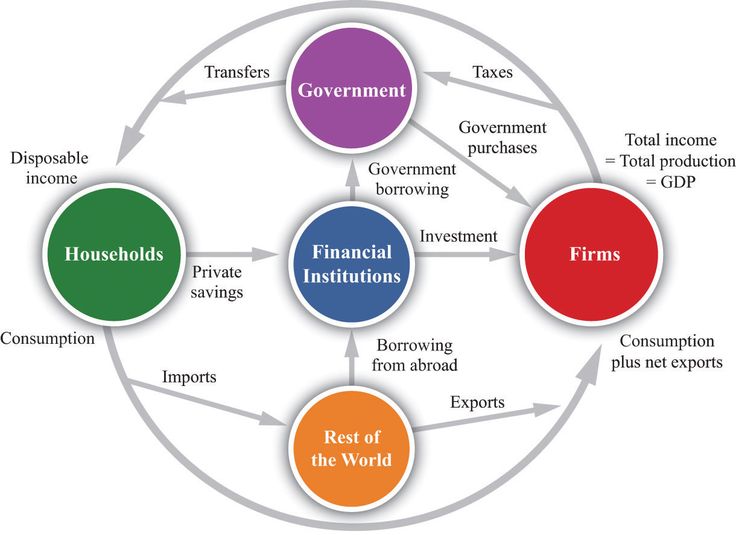 In fact, dysfunction can only become apparent when adverse behavior makes it difficult for individual family members to develop and grow. The term "dysfunctional family" can characterize a family with several "internal" conflicts. The main meaning of this term is that family dysfunction can have long-term consequences for children.
In fact, dysfunction can only become apparent when adverse behavior makes it difficult for individual family members to develop and grow. The term "dysfunctional family" can characterize a family with several "internal" conflicts. The main meaning of this term is that family dysfunction can have long-term consequences for children.
In a family with a favorable psychological climate, there is mutual respect between family members, and all family members support each other. In dysfunctional families, there is tension and distrust between parents and children. Even among adults, there is a certain level of distrust and resentment. Family members do not create a safe environment for the growth of the child. In the process of growing up, there is constant fear and pain. In addition, dysfunctional families do not appreciate apologies and do not allow reasonable expression of emotions.
On the basis of the analysis of various psychological and pedagogical studies, various types of classifications of dysfunctional families can be distinguished.
From the point of view of V.V. Zikratov, the following types of dysfunctional families can be distinguished [2]:
- With a lack of educational resources.
- Conflict family.
- Morally dysfunctional family.
- Pedagogically incompetent family.
From the point of view of G.P. Bochkareva, the following types of dysfunctional families can be distinguished [1]:
- A family with a dysfunctional emotional climate.
- A family in which parents, in the presence of external trouble, are indifferent to the needs of their children.
- A family with an unhealthy moral climate.
According to V.M. Tseluiko, the following dysfunctional families can be distinguished [4]:
- A family with a clear form of trouble.
- Outwardly respectable family.
No family is perfect, a person cannot choose a family in which to be born or grow up. There are many reasons, both external and internal, that lead to dysfunctional families.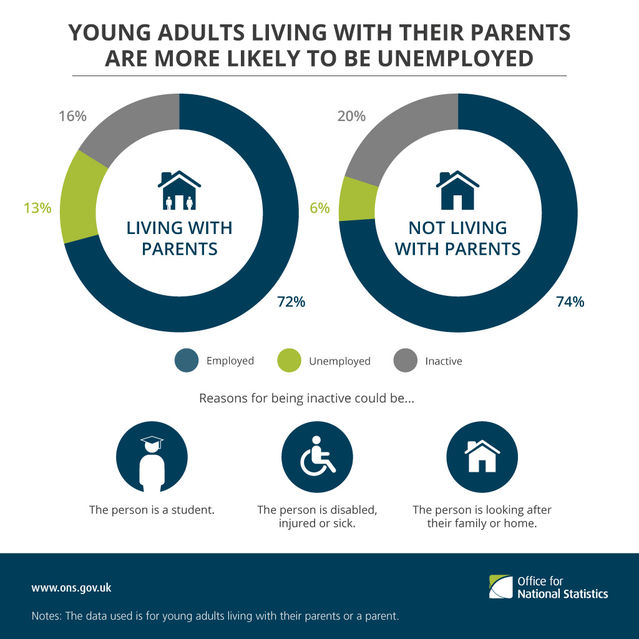 Let us list some reasons for the formation of an unfavorable situation in families [1]:
Let us list some reasons for the formation of an unfavorable situation in families [1]:
- Family trouble for financial reasons. If a family is experiencing or is in an exceptionally poor financial situation, this puts additional pressure on the mental health of adults. This pressure can easily turn into toxic stress, leading to even more dysfunctional behavior among family members. As soon as the family faces money problems, the parents become anxious and this leads to cracks in the family structure, which leads to quarrels and disharmony.
- Domestic violence.
A history of abuse - physical, emotional or sexual - leads to fear, destructive behavior and violence between parents and children.
- One or both parents have an addiction.
Drugs, alcohol, gambling and other addictions can lead to serious depletion of a family's financial and emotional resources. When one or two parents abuse drugs or alcohol, it can lead to chaos in family life.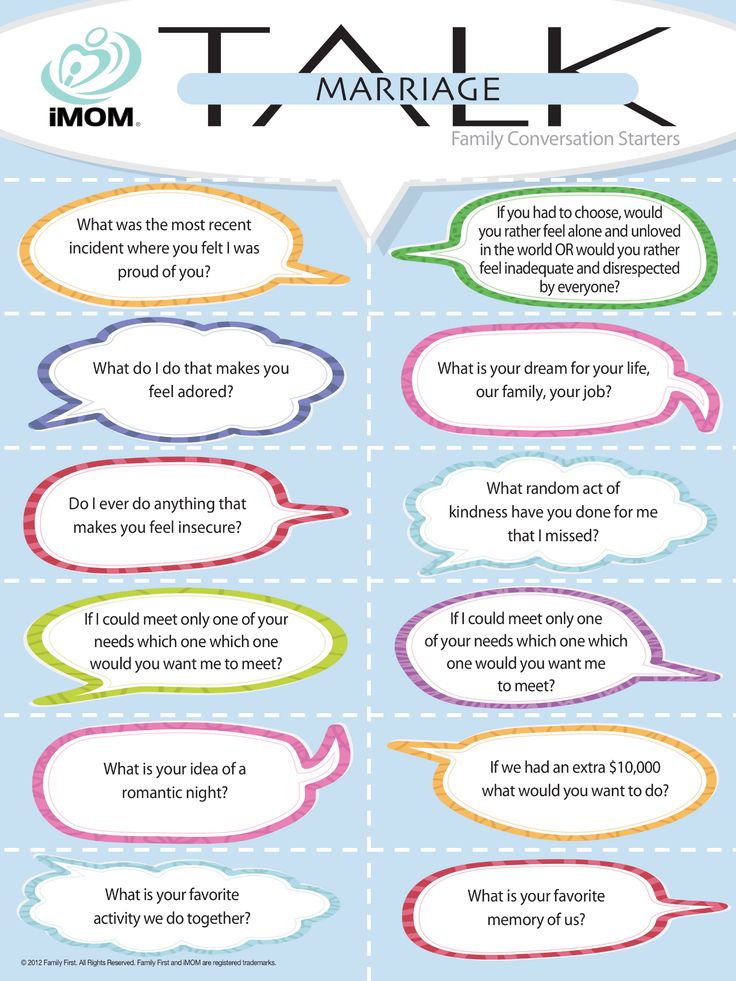 Children of alcoholics or drug addicts may not have their basic needs met. Unreliable and inconsistent parenting makes children feel insecure and leads to psychological problems. Living in constant fear, blaming the problems your parent creates, and feeling ashamed affect your ability to build healthy relationships later in life.
Children of alcoholics or drug addicts may not have their basic needs met. Unreliable and inconsistent parenting makes children feel insecure and leads to psychological problems. Living in constant fear, blaming the problems your parent creates, and feeling ashamed affect your ability to build healthy relationships later in life.
- Overly religious belief systems.
If there are strong religious beliefs in the family, where there is no room for conversation, argument or explanation, this may lead parents to try to impose the same beliefs on their children. Parents can become strict for no reason or simply based on their principled opinion, and this can lead to dysfunction.
- The authority of parents.
The reason for a dysfunctional family may be that parents become assertive, aggressively authoritarian and tyrannical in their behavior; this leads to excessive possessiveness and resentment among family members.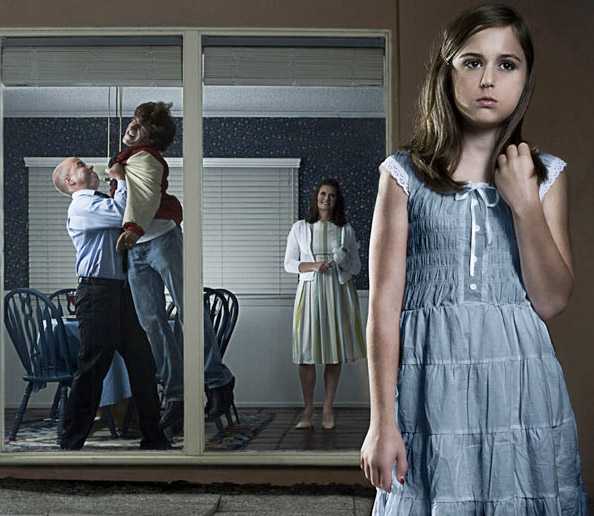
Dysfunctional families have several common characteristics that demonstrate the unfortunate dynamics of relationships between family members and their attitude towards each other. Let's analyze similar features of dysfunctional families [3]:
- Lack of communication.
Members of a dysfunctional family do not know how to openly communicate with each other and often have serious communication problems. They never discuss certain family matters among themselves, do not create a healthy atmosphere for discussion, and often yell or even get into fights. Family members do not listen to each other and usually resort to other means of communication.
- Lack of empathy.
There is no sympathy or very little sympathy in a dysfunctional family. Children will end up mistreating themselves. There is no unconditional love, and problems are always subject to behavioral correction, even if this is not necessary or the child has made only a small mistake. In such families, there is no room for error, which creates an atmosphere of tension that leads to a constant fear of failure in children.
In such families, there is no room for error, which creates an atmosphere of tension that leads to a constant fear of failure in children.
- Tendency to addiction.
Children who have witnessed their parents become addicted to drugs, smoking or alcohol, often adults end up using such substances to cope with life's challenges.
- Mental problems.
Children who grow up watching adults with mental illness and personality disorders around them often do not know how to cope or act like adults. They also tend to suffer from the same diseases due to a genetic predisposition.
- Behavior control.
Sometimes when parents control their children's lives too much, suppressing their ability to grow, they also do not encourage good behavior. Such control can make children feel insecure when it comes to their abilities and also creates trust issues.
- Perfectionism.

Ultimately, parents often force their children to work, and when this pressure becomes excessive, it leads to dysfunctional behavior. There is a fear of failure, and children inevitably grow up to be perfectionists.
- Criticism.
Children who grow up in dysfunctional families are constantly criticized for their abilities - or lack of them - and scolded for all their actions. Parents often instill a sense of helplessness in the child, which leads to low self-esteem in children.
- Lack of independence and confidentiality.
Parents can constantly intrude on a child's privacy. Parents in dysfunctional families need to constantly check what their children are doing, and they have no rules about free communication or rules about this.
- Lack of emotional support.
In a dysfunctional family there is no place for emotions or support for family members. Children are not meant to express their emotions.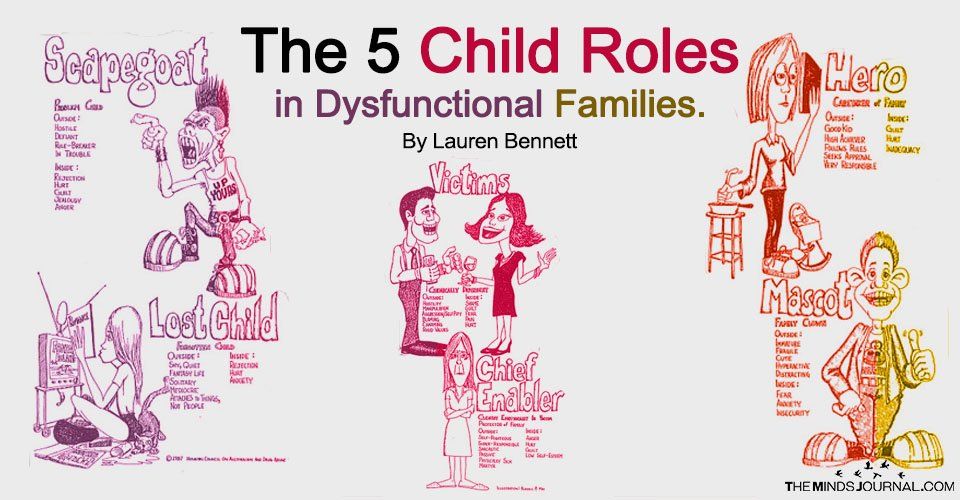 In this situation, children often grow up alone or isolated from their parents.
In this situation, children often grow up alone or isolated from their parents.
- Violence and abuse.
Parents in dysfunctional families may resort to child abuse. Children from dysfunctional families may show signs of verbal, physical, sexual, or emotional abuse. Children take this as normal and later show the same behavior as adults.
Growing up in a dysfunctional family can certainly have certain consequences for a child. Consider the impact that family troubles can have on the psychological state of children.
Growing up in a dysfunctional family can have a negative impact on the children in the family in many ways. Insecure and inconsistent parenting makes children feel insecure and leads to trust issues and pent-up anger that can persist for decades. Distrust, anxiety, contempt and other negative emotions make a child very insecure.
Certain general patterns of behavior can be observed in children from dysfunctional families.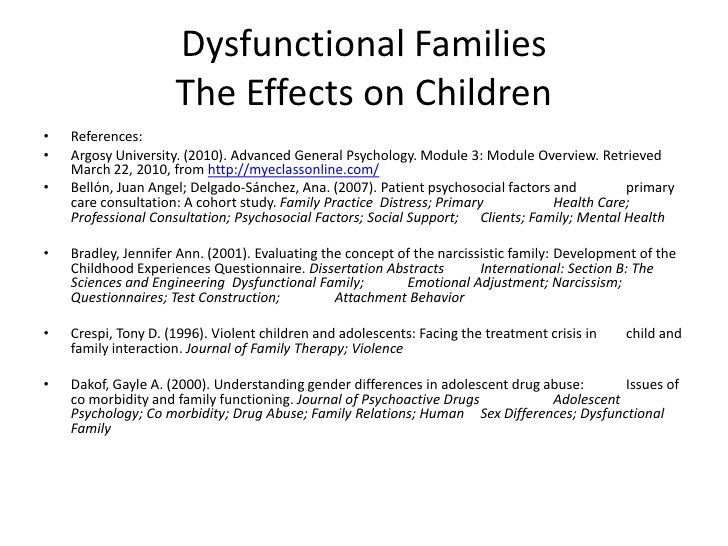 They have a poor self-image and suffer from low self-esteem and self-esteem. They find it difficult to build healthy adult relationships, they are shy or suffer from a personality disorder. They often and easily get angry and prefer to isolate themselves. Their academic performance is usually poor, as it is difficult for them to concentrate and concentrate. They are also prone to addiction to alcohol, drugs or smoking. They may suffer from mental disorders such as depression, suicidal thoughts, anxiety, paranoia. They may lack discipline due to the lack of a role model to look up to while growing up, and they may become irresponsible in the future [2].
They have a poor self-image and suffer from low self-esteem and self-esteem. They find it difficult to build healthy adult relationships, they are shy or suffer from a personality disorder. They often and easily get angry and prefer to isolate themselves. Their academic performance is usually poor, as it is difficult for them to concentrate and concentrate. They are also prone to addiction to alcohol, drugs or smoking. They may suffer from mental disorders such as depression, suicidal thoughts, anxiety, paranoia. They may lack discipline due to the lack of a role model to look up to while growing up, and they may become irresponsible in the future [2].
Having dysfunctional parents or dysfunctional family dynamics can cause problems for children later in life. Some of the consequences of family dysfunction for children are the development of various disorders and negative behaviors. Children from disadvantaged backgrounds may have problems learning at school.
From a psychological point of view, children develop psychopathic states, asocial forms of behavior.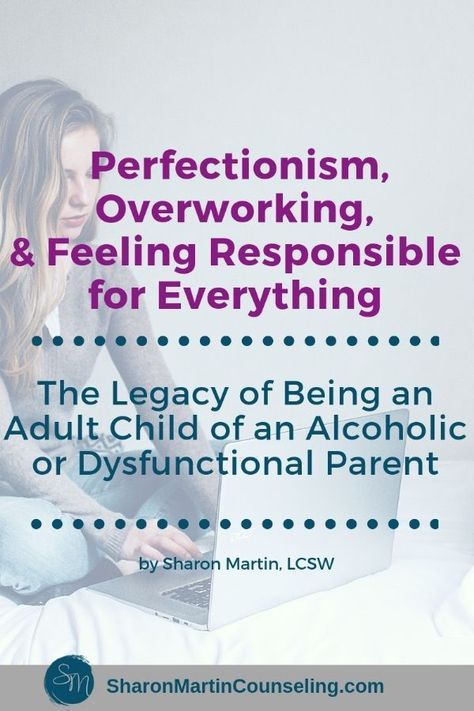 The likelihood that such a child will become a criminal or a mentally ill person in the future is much higher than that of other children.
The likelihood that such a child will become a criminal or a mentally ill person in the future is much higher than that of other children.
Children may develop emotional or behavioral disturbances under the influence of certain situations. There may be unreasonable fears, sleep disturbances, eating disorders, attention deficit hyperactivity disorder. Typically, such disorders are temporary, but in some children they manifest themselves for a long time and persistently, which leads to social maladjustment [4].
Children from dysfunctional families are also more likely to become withdrawn and socially isolated. They often feel lonely and have difficulty expressing their feelings, and they are at risk of developing depression, low self-esteem, anxiety, and more. As children grow older, these problems persist. Adult children from dysfunctional families "internally" suffer from self-denial and self-criticism. They may have depression, anxiety, and problems with addictive behaviors.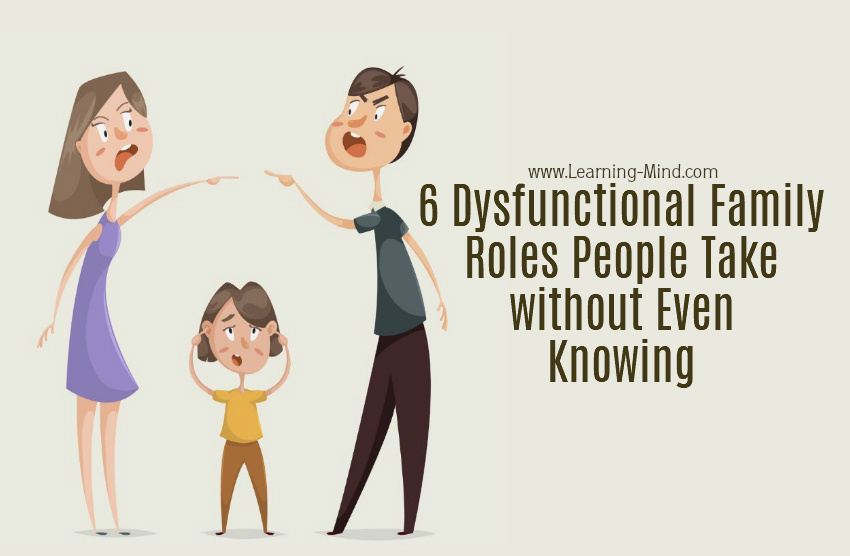
Worst of all, these people may continue the cycle, developing their own parenting problems and maintaining a dysfunctional dynamic.
Educational institutions have great potential in the prevention of family problems. An analysis of the psychological and pedagogical literature makes it possible to provide recommendations for teachers on working with dysfunctional families. If the teacher is convinced that the child is in difficult family conditions, then the teacher is required to:
- Explain to parents that a child suffers because of a conflict situation, that he should not play the role of a "bargaining chip" in an adult game.
- If parents continue to create an unfavorable environment for their children, traumatizing their psyche, then the children must be removed from the family and placed in social institutions (rehabilitation center, boarding school).
- If children already have mental disorders due to family conflicts, then it is required to consult a child psychiatrist.
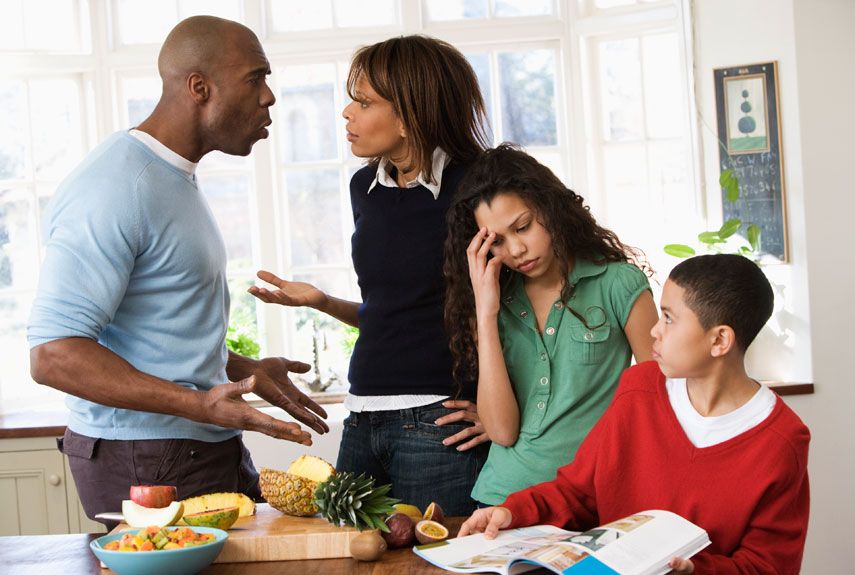
Thus, family trouble today is an acute problem that negatively affects the personal development of the child, violating his rights. A dysfunctional family, most often, cannot independently solve their problems regarding the upbringing of children. Such families need qualified assistance from specialists: psychologists, educators, social educators. Dysfunctional families need the support of various specialists, and this requires the development of new social programs, the purpose of which is to prevent social orphanhood, vagrancy, and homelessness.
Literature
- Bochkareva, G.G. Psychological features of difficult-to-educate schoolchildren // Prevention of pedagogical neglect and offenses of schoolchildren. - M., 1980. - 125s.
- Zikratov, V.V. Dysfunctional family as a subject and object of research in social pedagogy / VV Zikratov // Social Pedagogy. - 2006. - No. 1. - P. 41–51.
- Kulyasova, Yu.A. Features of education in dysfunctional families / Yu.

